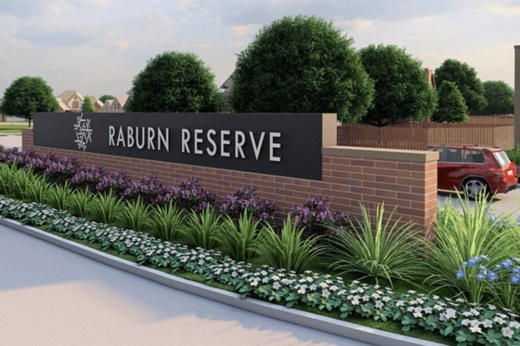What you need to know
A public improvement district is a defined area where property owners voluntarily agree to pay an additional assessment to fund public improvements that benefit their properties, said Andrea Barnes, PID administrator for the city of Magnolia.
PIDs are established under Texas Local Government Code Chapter 372 and help municipalities like Tomball and Magnolia finance enhancements like roads, drainage, parks and landscaping. The districts also give cities the flexibility to promote high-quality developments without shifting the financial burden to general taxpayers, Barnes said.
“It'll allow you to move forward in any master plans that you may have in the city, such as the parks and recreation master plan, the comprehensive plan, a thoroughfare master plan; you can request the developer provide different types of improvements that would be included within the PID that would benefit the city as a whole,” Barnes said.
View a map of PIDs in the Tomball area. Magnolia is in the process of potentially approving its second. This map is not comprehensive.
The specifics
The steps for an improvement district include a policy written to combine the city’s vision and criteria, which is communicated to developers and staff. An application from the developer is needed, which is presented to a city council. Accepting the creation of the PID requires public hearings.
Once a PID is approved by the city council, the city partners with a PID administrator to manage the collection of assessments and oversee improvement projects, according to the city of Magnolia’s PID policy. These assessments don’t increase with property value and can be paid in full or over time, Barnes said.
After the construction of the development, property owners within the PID would pay annual assessments for the PID’s life term, which can range from 10 to 30 years. City council approves service and assessment plans annually, according to a city of Tomball timeline.
The impact
The impact of PIDs can be seen in master-planned neighborhoods with quality infrastructure and amenities that might otherwise be delayed or underfunded, Barnes said.
For residents, it means enhanced property value and community features, according to the city of Magnolia's PIDs policy. For cities, it's growth without additional tax burdens. With PIDs, cities avoid debt, developers gain tools for quality planning, and residents enjoy amenities without surprise taxes, Barnes said.
Tomball Mayor Lori Quinn said PIDs are ways for developers to get back money for building communities.
“Is it our responsibility to not allow PIDs because it does raise the cost of those houses, or is it not our responsibility, it's really the people who decide to buy that house?” Quinn said. “Personally, I would not buy a house with a PID because I really think that developers should build nice houses that don't have to charge the people who buy it for walking paths or a playground; that's part of the amenities that attract good people to your subdivisions and families.”





